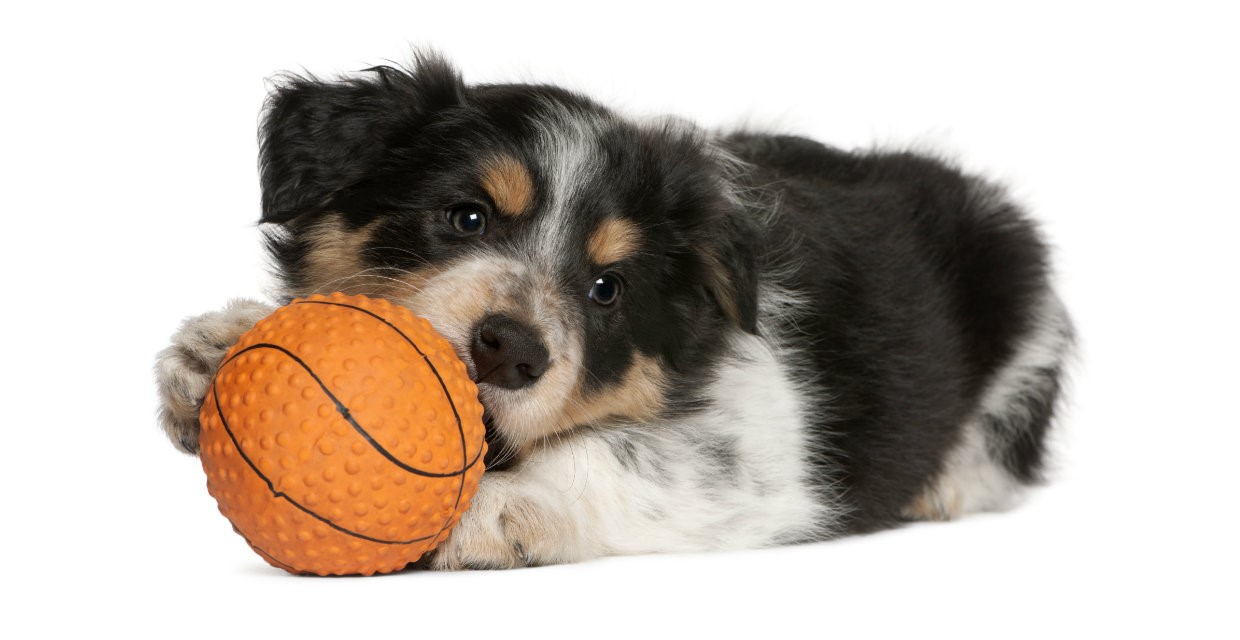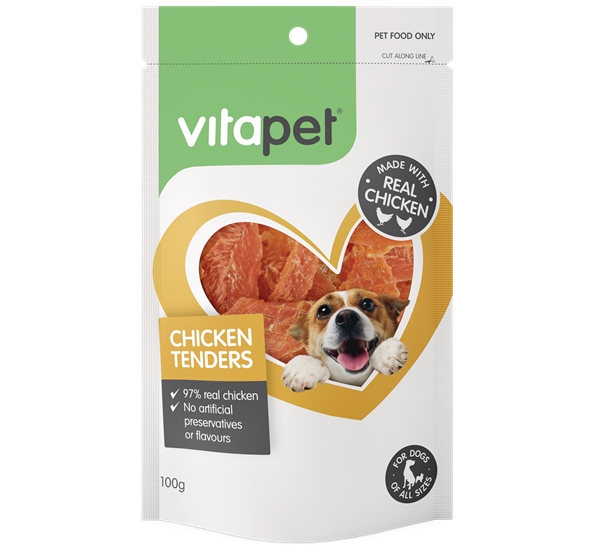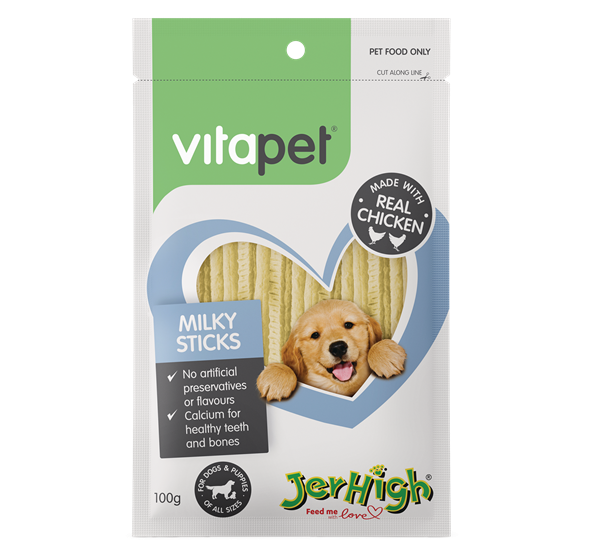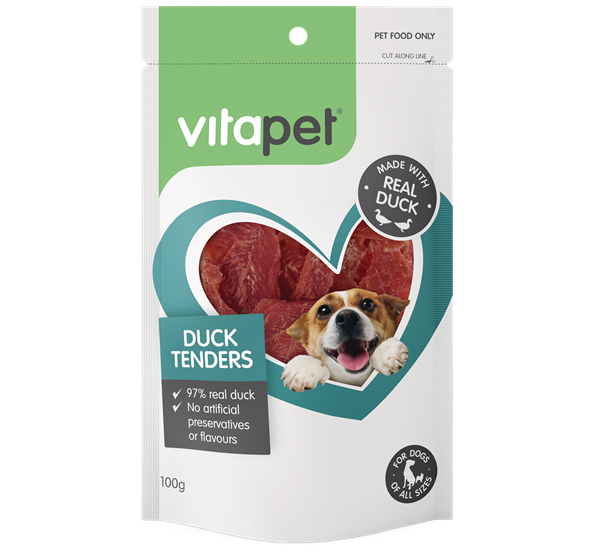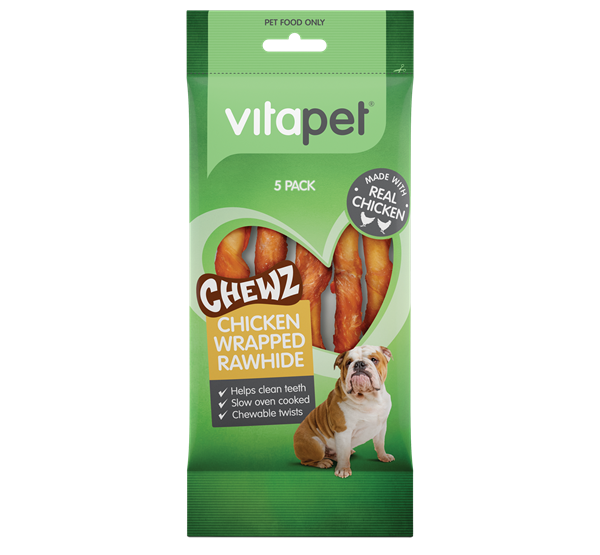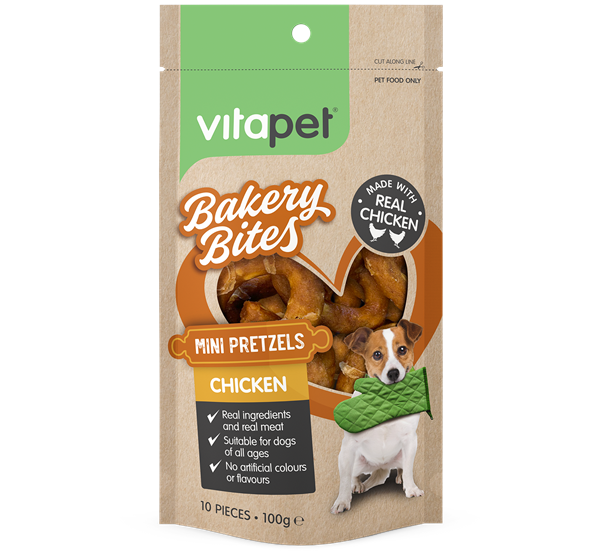Puppies continue to experience rapid growth between two to three months of age, and reach these physical milestones.
Physical Milestones between 2-3 Months of Age
Puppies are usually fully weaned at this age, before going to live with their new family. The brain and body grow at such a rate during this age that puppies require around 20 hours of sleep each day. At this age puppies are very mobile and keen explorers, but they are still a little clumsy and need close supervision to ensure they stay safe.
Although bladder and bowel control continue to improve, puppies need to toilet frequently and it’s not uncommon to have a few accidents at this age. It’s important to give your puppy regular opportunities throughout the day to toilet where you want them to.
Most puppies take several months to gain full control over their bladder and bowels.
At this age, puppies retain their soft fur which doesn’t begin to shed until they’re older, at which time grooming is a good idea. Even if not actively brushing them, familiarising them with grooming tools and having objects near and against their skin is a good idea.
Towards the end of this stage puppies start teething. You may notice the baby teeth falling out, and your puppy might drool and chew more than normal.
How to Support your Pup’s Physical Development
You can support your pup’s physical development in the following ways:
- Provide your puppy with appropriate chew toys to help relieve sore gums and teach your pup to chew on appropriate items as this can help to avoid inappropriate chewing.
- Reward your puppy for toileting in the right place. Done consistently, your puppy will eventually learn to toilet where you want them to - Allow your puppy lots of time to rest and sleep undisturbed.
- Feed your puppy a high quality, age and breed appropriate, nutritionally complete diet. Puppies have different nutrition requirements compared to adult dogs. It’s important to choose a puppy-specific food that optimises their growth and development. Most puppies this age need three meals per day.
- Don’t allow them to be couch-potatoes, but also avoid over-exercising your puppy as this can stress their joints and cause injury.
Ensure your puppy is up to date with worming as worm infestation can severely impact your pup’s physical health.












